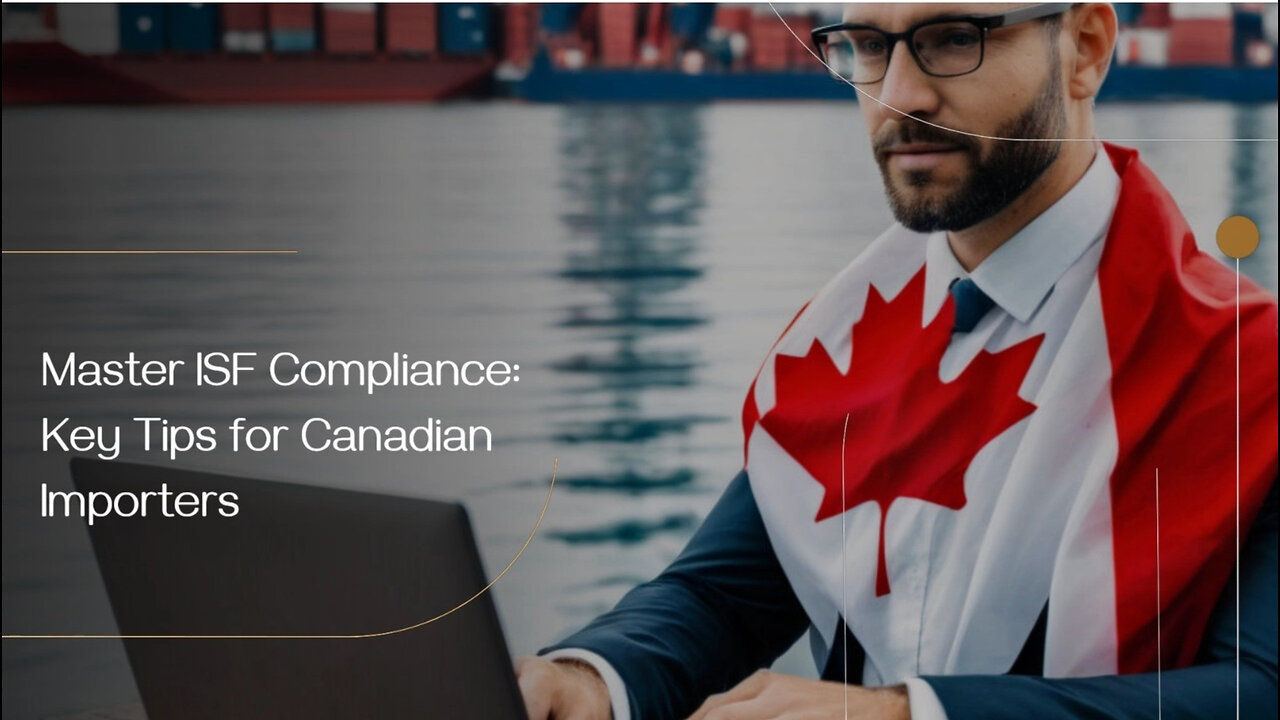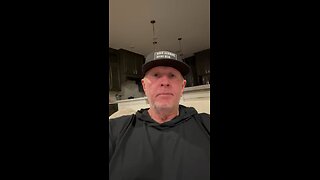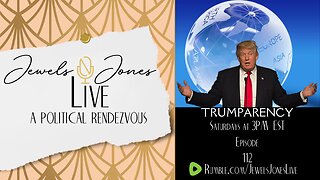Premium Only Content

Mastering ISF Compliance: 7 Essential Best Practices for a Smooth Import Process
ISF Checklist || 805-970-7918 || contact@isfchecklist.com || www.isfchecklist.com
This video discusses essential best practices for ISF compliance, focusing on the importance of compliance, gathering accurate information, working with a reliable customs broker, utilizing technology, being proactive, staying informed about regulatory changes, and maintaining proper documentation. Complying with ISF requirements is crucial in ensuring smooth trade flow and preventing delays and penalties. Gathering accurate and timely information about the import shipment, such as seller, buyer, manufacturer, country of origin, and consignee, is vital for ISF compliance. Partnering with a reputable customs broker simplifies the process and ensures accurate and timely filing. Leveraging automation and technology reduces the risk of errors and increases efficiency. Being proactive in addressing issues and staying informed about regulatory changes are crucial for compliance. Proper documentation is necessary for CBP's inspection and for record keeping. Overall, following these best practices will help ensure a smooth and efficient import process.
#usimportbond #isfcustomsbroker #uscustomsclearing #isfentry
Video Disclaimer Here: This video is purely educational and has no ties with the US government.
00:33 - ISF Compliance is crucial for Canadian importers when shipping goods to the United States.
00:51 - Gather accurate and timely information about the import shipment to streamline the filing process.
01:13 - Work with a reputable customs broker to simplify the compliance process and ensure all necessary documentation is filed correctly and on time.
02:17 - Stay informed about regulatory changes, leverage technology, and maintain proper documentation to ensure a smooth and efficient import process.
-
 3:14:51
3:14:51
Barry Cunningham
12 hours agoTRUMP WEEKEND BRIEFING: THIS IS THE REAL THREAT TO AMERICA! (FYI...IT'S NOT WHO YOU THINK!)
52.3K63 -
 2:04
2:04
Sean Unpaved
17 hours ago $14.82 earnedUnpaved w/Sean Salisbury
100K6 -
 50:39
50:39
The Connect: With Johnny Mitchell
15 hours ago $7.72 earnedInside The War For Tijuana: How Mexican Cartels Turned Tijuana Into World's Most VIOLENT City
45.2K4 -
 12:34
12:34
TimcastIRL
14 hours agoWaPo Staffers QUIT Over Bezos’ Change To Opinion Section, Liberal Media MELTING DOWN
115K62 -
 24:55
24:55
MYLUNCHBREAK CHANNEL PAGE
1 day agoThe Sumerian King's List
120K41 -
 1:37:51
1:37:51
Man in America
18 hours agoIs Trump Using Gold to Dismantle the City of London Banking Cartel? w/ Eric Yeung
78.8K18 -
 33:50
33:50
The Why Files
8 days agoCryptids Vol. 3: The Antarctic Cover-up | Predators Beneath the Ice
137K138 -
 27:11
27:11
Stephen Gardner
18 hours ago🔥Trump Zelensky Meeting ends in IMPEACHMENT | MUSK shares major dirt on Joe Rogan Podcast
150K320 -
 2:40:23
2:40:23
Jewels Jones Live ®
3 days agoTRUMPARENCY | A Political Rendezvous - Ep. 112
134K35 -
 1:13:14
1:13:14
Michael Franzese
17 hours agoEmergency Livestream: Zelenskyy vs Trump, DOGE, Epstein Files, Elon Musk
146K97